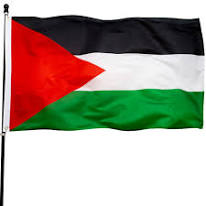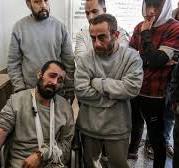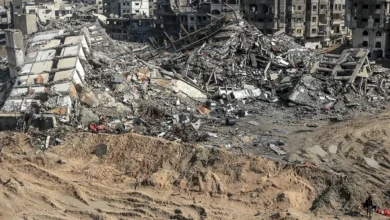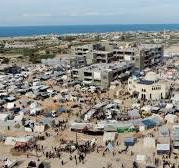InternationalNews
Israeli Occupation Forces Attack Egyptian Army
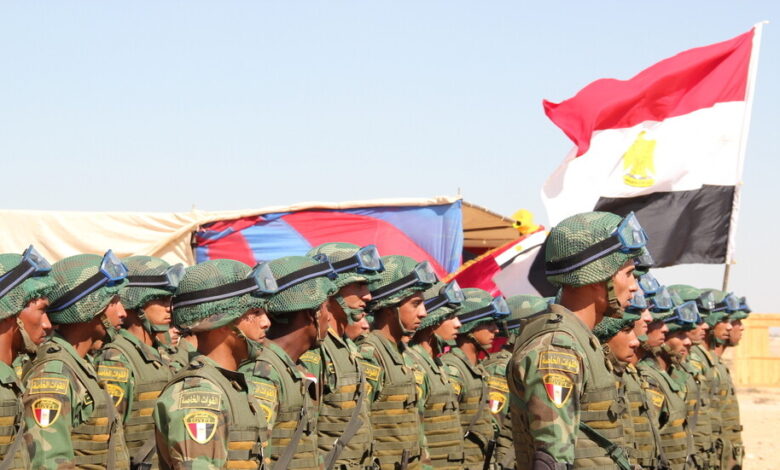
Israeli Occupation Forces Attack Egyptian Army
The Israeli occupation forces at Rafah attacked the Egyptian army through the borders today. They shoot an Egyptian soldier killing him and injuring others. The Egyptian forces responded to the fire from the Israeli side and both parties tried to keep it quiet and discuss the situation. This is the second time during the war against Gaza to have such attacks as on October 22nd an Israeli tank shot at a group of Egyptian soldiers injuring some of them.
Discover more from Gaza Never
Subscribe to get the latest posts sent to your email.

